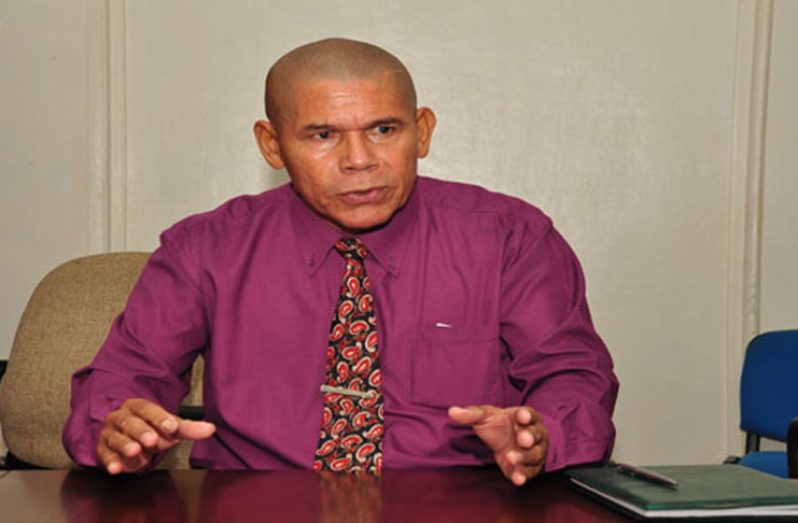CHAIRPERSON of the Committee on Appointments, Social Cohesion Minister, Dr George Norton will next Friday move a motion for the approval of nominees to be appointed to serve on the Ethnic Relations Commission (ERC).
Nominees include, Dr. John O. Smith for the Christian community, Sister Rajkumarie Singh representing the Hindu bodies, Roshan Khan, the Muslim community, and Norris Witter for the labour movement.
The private sector organisations will be represented by Major-General (Ret’d) Norman McLean; Youth by Deodat Persaud; Women, Ruth Howard; Cultural and Ethnic bodies: Afro-Guyanese Barrington Braithwaite, Indo-Guyanese Neaz Subhan and Indigenous or Amerindian bodies will be represented by Ashton Simon.
The aforementioned nominees have been nominated in accordance with Resolution No. 17 of 2003 and Article 212 B (1) (a) of the Constitution to be appointed members of the ERC.
According to the Order Paper for the 67th Sitting of the National Assembly to be held on Friday, July 7, Dr Norton will present the motion for adoption of the third report of the Standing Committee on Appointments to address matters relating to the nomination and appointment of members to the ERC.
Under Article 212 of the Constitution, the ERC advocates equality of opportunity among persons of different ethnic groups; promotes the elimination of all forms of ethnic-based discrimination; and discourages persons, institutions, political parties and associations from indulging in discriminatory practices.
According to Article 212A, the ERC shall consist of no less than five nor more than 15 members nominated by entities, by a consensual mechanism determined by the National Assembly, including entities, representatives of religious bodies, the labour movement, the private business sector, youth and women, and after, the entities are determined by the votes of not less than two-thirds of all elected members of the National Assembly.
Additionally, the Constitution mandates that the ERC promote educational and training programmes and research projects which provide for and encourage ethnic peace and harmony; encourage and create respect for religious, cultural and other forms of diversity in a plural society, promote arbitration, conciliation, mediation and like forms of dispute resolution in order to secure ethnic harmony and peace.
The ERC is also required to recommend to the National Assembly, criteria to be considered for the purposes of deciding whether any person has committed acts of discrimination on the ground of ethnicity; investigate complaints of racial discrimination and make recommendations on the measure to be taken if such complaints are valid, and where there is justification, refer matters to the Human Rights Commission, or other relevant authorities. The commission also has to monitor and review all legislation and administrative acts or omissions relating to, or having implications for ethnic relations and equal opportunities among others.
The ERC is derived from recommendations of the Herdmanston Accord, signed on January 17, 1998, between then President Janet Jagan and Opposition Leader Desmond Hoyte. Brokered by a CARICOM mission, the Accord sought to provide a peaceful solution to the political impasse that had gripped the country after the contentious December 1997 Regional and General Elections.
The first members of the ERC were appointed in 2003 in compliance with the new constitutional provisions.




.png)









